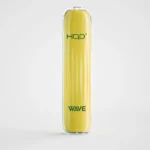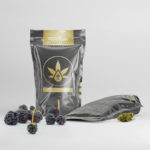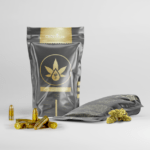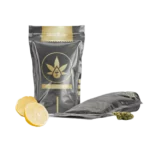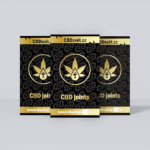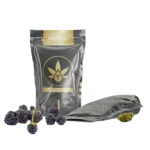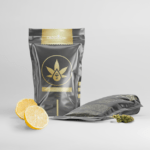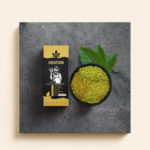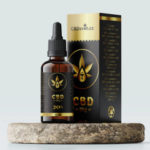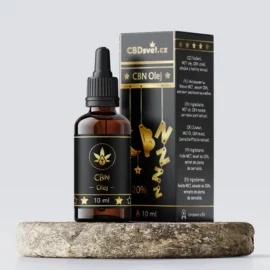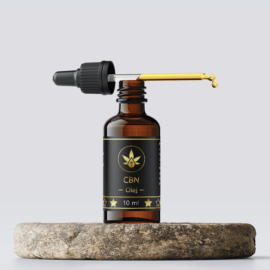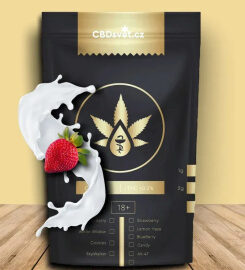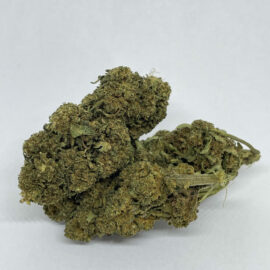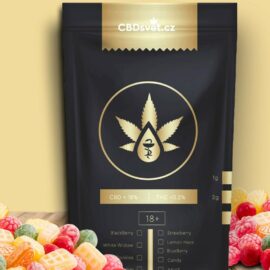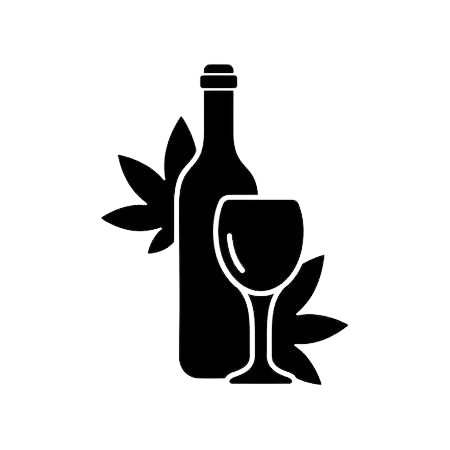
There is a general perception that cannabis is safer and less addictive than alcohol. For example, in a recent survey of more than 1,000 Americans, respondents ranked alcohol as “somewhat and moderately addictive” compared to “not very or somewhat addictive” for marijuana.
In addition, survey participants who did not consume cannabis generally considered alcohol to be ‘moderately dangerous’, while cannabis was rated as ‘not very dangerous to somewhat dangerous’.
But beyond general opinions, is there evidence that one substance is more addictive or harmful than the other?
What are the similarities between pot and alcohol?
Alcohol and cannabis have many common features. Both can be used to help people calm down, calm their nerves and relax their muscles. These effects occur because both alcohol and weed belong to the class of depressant drugs (although weed also falls into several other drug categories).
Depressants increase the activity of GABA neurotransmitters in the brain. When GABA activity increases, activity in the central nervous system slows down and the rate of message transmission between the body and brain also decreases. Think of GABA as a brake pedal for the brain: when you apply the brake, you get a calming effect.
But there is such a thing as too much of a good thing. Too many depressants equals too much GABA activity, which can result in drowsiness, slow reactions, poor coordination and impaired concentration. Anyone who has had a little too much pot or alcohol can probably attest to slurred speech, premature fainting, maybe stumbling, and the like.
How are weed and alcohol different?
For Dr. Jordan Tishler, President of the Association of Cannabinoid Specialists and CEO/CMO of inhale MD, cannabis differs from alcohol in several key ways.
“Alcohol is a very simple, single molecule that is a product of yeast fermentation,” Tishler said. “It’s basically yeast poop.” Shit is generally poison. And people have figured out that in small doses they like the effect of this poison on their brains. It’s really not that good for you and it has no medical use at the moment.”
Cannabis, on the other hand, is a plant that contains hundreds of different compounds, many of which are therapeutically beneficial.
“We just scratched the surface of what they are and what these compounds do,” Tishler explained. “However, it is well established that THC and cannabis in general have uses in the treatment of pain, anxiety, insomnia, nausea and vomiting and other illnesses.”
Simply put, cannabis has medicinal uses and alcohol does not.
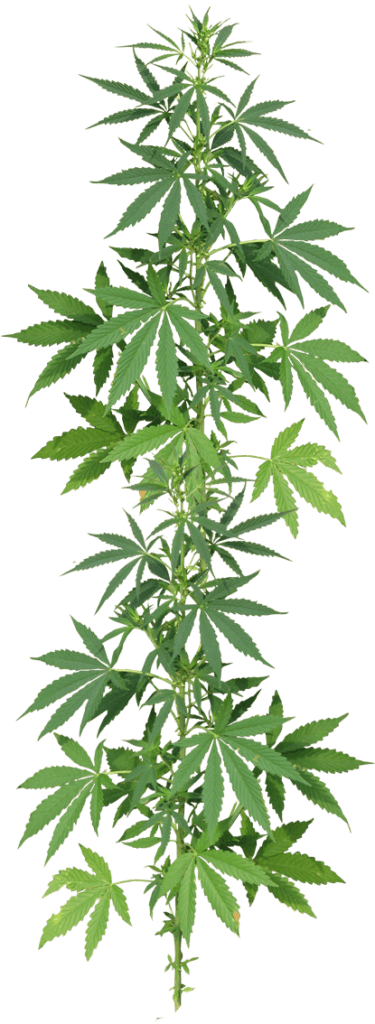
Is weed addictive?
Tishler points out that understandings of addiction vary and it can be useful to distinguish addiction from dependence.
“Addictive is a tricky word,” Tishler said. “Addiction is a set of maladaptive behaviours, while dependence is a physiological state leading to withdrawal and often continued substance use.”
Tishler believes that cannabis dependence is much more common than addiction, which is formally diagnosed as a cannabis use disorder. “Cannabis can lead to a dependence rate of around 7% . That’s less than half the rate of alcohol – and to a rate of addiction that is very low but undefined,” Tishler explained.
Research tells us that THC appears to be responsible for the addictive potential of cannabis through its effects on the brain’s dopamine system. Dopamine is a neurotransmitter produced by the brain that affects the experience of pleasure and rewards.
THC increases dopamine release, and when dopamine is released, the resulting feelings of pleasure can enhance the potentially addictive effects of the cannabinoid. However, long-term heavy cannabis use can blunt the body’s dopamine system. If your dopamine levels stay elevated for too long – for example, because of constant cannabis use – the dopamine system becomes dysfunctional.
Reward circuits in the brain can become disrupted, making it harder to get pleasure from things you would normally enjoy, such as a tasty meal, a sense of achievement or a physical touch. This lack of enjoyment can lead to even more chronic use to seek the high that once came so easily.
CBD, on the other hand, does not seem to be addictive. Evidence suggests that a non-intoxicating cannabinoid may be able to treat addiction. A 2015 study, for example, found that CBD can be beneficial in treating addiction to opioids, cocaine, tobacco and even cannabis.
We must realise that the “addictiveness” of cannabis is more than just a chemical reaction in the brain. It’s social and environmental factors also play a role. For example, some populations seem more likely to become addicted to pot than others, potentially teenagers and people with another substance use disorder or mood or mental disorder such as schizophrenia.
In addition, other factors such as lifestyle, home and work environment, and socioeconomic status may influence whether or not a person finds pot addiction helpful. Alcohol is killing more Americans than ever.
How addictive is alcohol?
Similar to cannabis, alcohol dependence is more common than addiction, according to Tishler.
“With alcohol, we see dependence and addiction. The dependency rate is about 15% and the addiction rate is much lower,” he said. “In higher doses, alcohol can be addictive and has harmful effects on the brain, heart, liver, blood and bone marrow.”
Similarly, recent studies point to various ways in which individuals can develop an unhealthy relationship with alcohol. For example, about 29.7 percent of men and 22.2 percent of women aged 18 and older engaged in binge drinking in 2019. While binge drinking is not the same as alcohol dependence, it is a form of abuse that contributes to the risk of developing an alcohol use disorder.
These statistics certainly suggest that alcohol is more addictive or prone to misuse than cannabis, but why?
While there is no clear-cut answer, there are several contributing factors that are worth exploring. Like cannabis, alcohol stimulates the release of dopamine. However, alcohol has another neurochemical pathway through which it can create addiction – endorphins.
A 2012 study by researchers at the University of California found that alcohol triggers the release of endorphins in two areas of the brain associated with reward processing. Endorphins are naturally occurring opioids produced by the body that relieve pain, help you feel good and get you going. The study also found that heavy drinkers experienced a higher release of these feel-good chemicals, further enhancing the addictive properties of alcohol.
As with cannabis, a number of variables mean that some individuals may be more likely to become dependent on alcohol than others. Factors such as genetics, family history of alcoholism, mental health disorders such as depression or bipolar disorder, and traumatic experiences increase the likelihood of developing addiction.
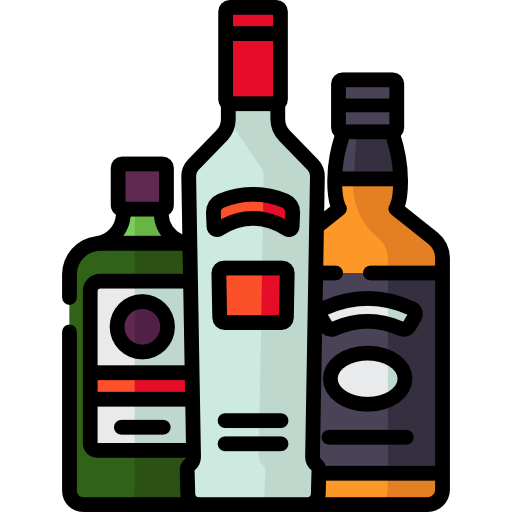
So which is more addictive?
Some have speculated that alcohol may be more addictive than cannabis because it is simply more legal and readily available. Recent research suggests that increasing legalisation of cannabis is linked to rising rates of dependence.
Several other studies have compared cannabis and alcohol, giving us useful information on how they compare in terms of safety and other measures.
One groundbreaking 2015 study compared the risk of overdose associated with different addictive substances. Alcohol consumption fell into the high-risk category, while cannabis was the only substance that qualified as low-risk. In other words, it is impossible to die from a cannabis overdose, but it is relatively easier to die from alcohol poisoning.
There is evidence that cannabis is safer than alcohol with regard to a range of other health harms. škod. The New Zealand Medical Journal study compared THC and alcohol in terms of 13 commonly discussed substance use and health issues.
THC has less risk than alcohol for these nine problems:
- Death by overdose
- Death from severe withdrawal
- Aggression in intoxication
- Brain damage from chronic heavy use
- Damage to the liver and other organs
- Contributing to a psychotic state
- Causes major depression
- Cancer-causing
- Fetal brain damage
For three other factors, cannabis and alcohol shared similar risks:
- Irritability after discontinuation
- Drunk driving injuries
- Addiction
Conclusion
There was only one problem where cannabis came out worse than alcohol: the plant was more likely to induce anxiety during intoxication.
The extent to which weed or alcohol is addictive – or harmful – cannot be reduced to a single factor. Although there is evidence that weed is comparatively less addictive and less harmful than alcohol, this does not mean that it can be used indiscriminately.
Tishler believes the better question is not which substance is more addictive, but how we use them.
Products that may be of interest to you
It is important to be aware of the risks of all substances. “While most people are aware of how much alcohol is too much, many cannabis users take too much, often not even realising how much they are taking and what a safe range would be.”

Information drawn: https://www.leafly.com/news/health/is-weed-or-alcohol-more-addictive

